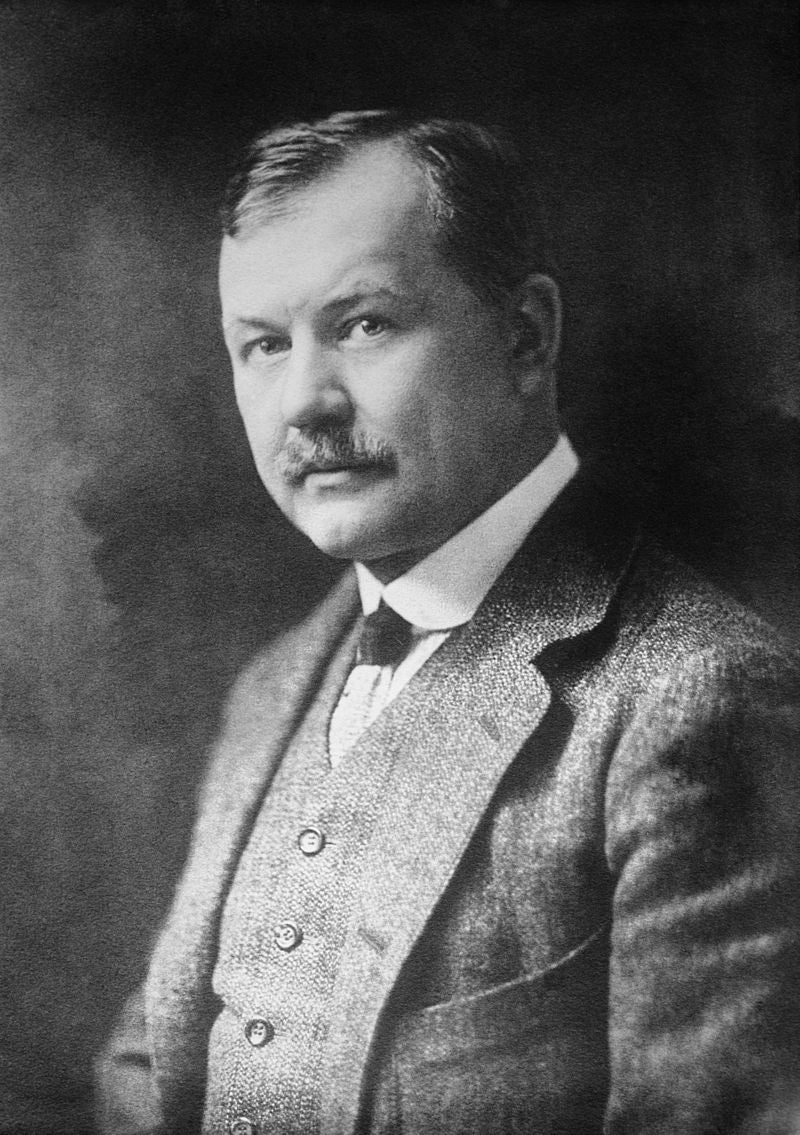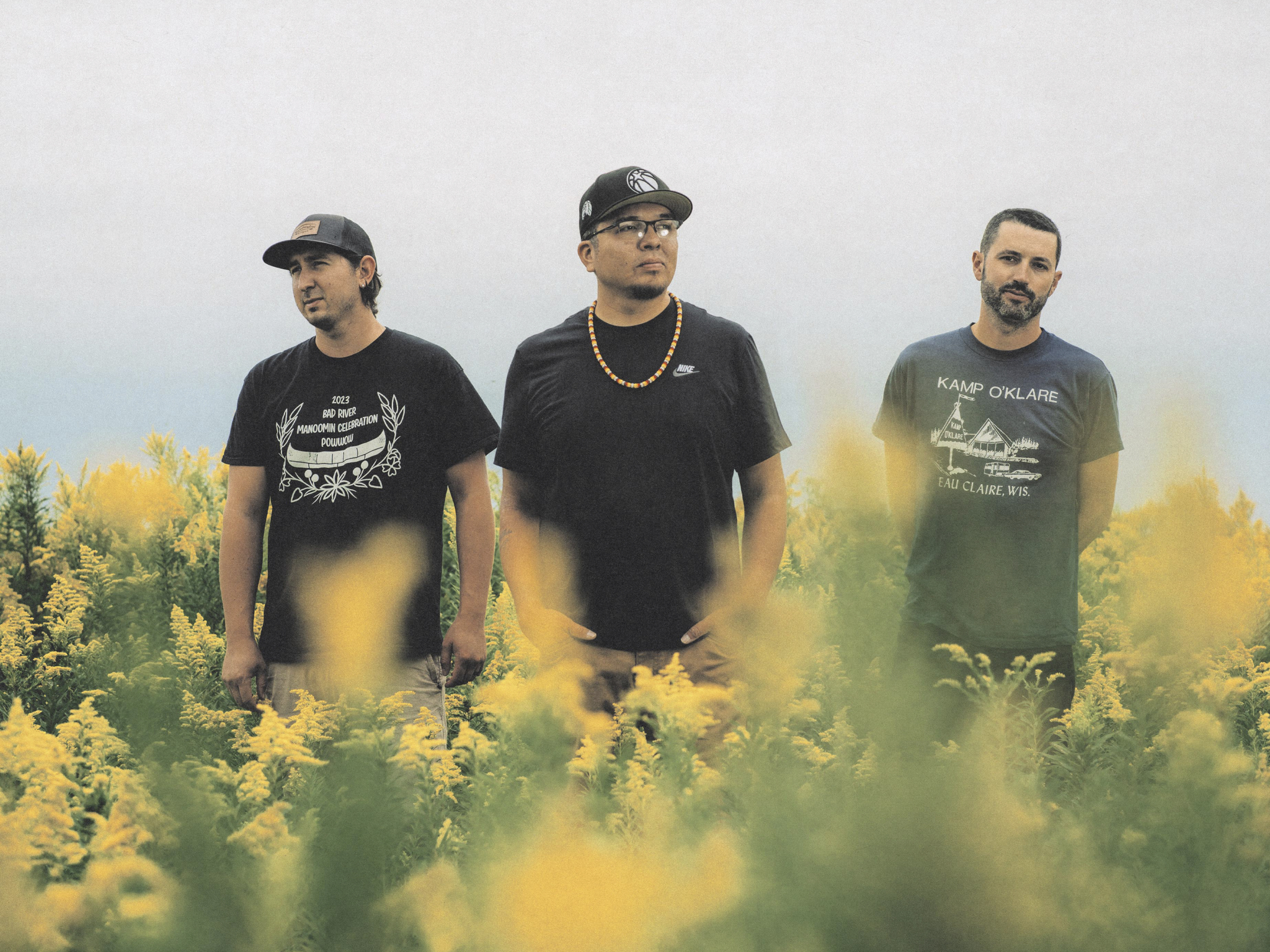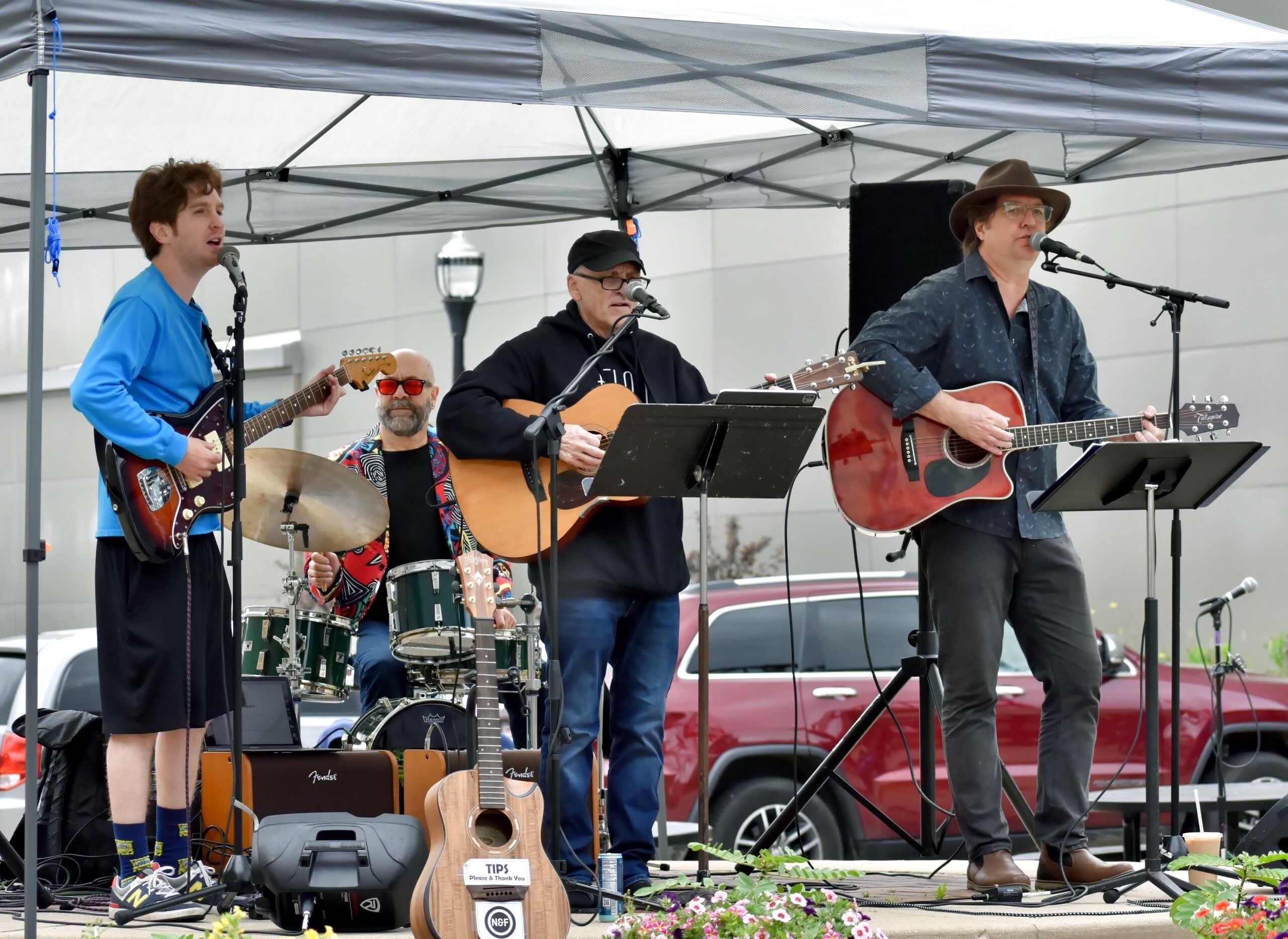Franz Lehar had come through some tough times getting his operetta The Merry Widow to opening night. But it would take more than music to spark enthusiasm for the show. It would also take time, work — and marketing.
Lehar had worked hard to make The Merry Widow something fresh and original.
In telling the story of diplomatic and amorous intrigue, he had used rich orchestral coloring hitherto employed only by classical composers, including Debussy, Richard Strauss and Mahler.
Stay informed on the latest news
Sign up for WPR’s email newsletter.
When the final curtain came down at the end of the first performance, though, Lehar received the customary applause but had no “impression of a big success” — even when his friend Oscar Straus congratulated him and predicted worldwide acclaim. The reviews of the operetta were mixed, ranging from “magnificent” to “the most distasteful I have ever seen in a theater.” Subsequent performances played to nearly empty houses.
Enter Emil Steininger, a Viennese official with a bent for music and marketing.
He distributed free tickets until The Merry Widow began to develop an audience and a reputation in Vienna. The operetta stuck it out until April when the theater season ended, by which time it had received 119 performances. Theater manager
Wilhelm Karczag, an optimist and gambler by nature, transferred the show to a theater in the Vienna suburbs for the summer. At the same time, tunes from The Merry Widow were being popularized in various garden, park and cafe concerts.
By mid-September, when the operetta returned to Vienna, it was playing in sold-out theaters.
Within a year The Merry Widow had swept Vienna, Berlin, London, and New York. Soon it was plying all over the world. It became so popular that sixty years after its lackluster debut the operetta had been performed an estimated half a million times.
Franz Lehar wrote operettas for the next thirty years, but never again did he approach the runaway success of The Merry Widow.
Wisconsin Public Radio, © Copyright 2025, Board of Regents of the University of Wisconsin System and Wisconsin Educational Communications Board.






